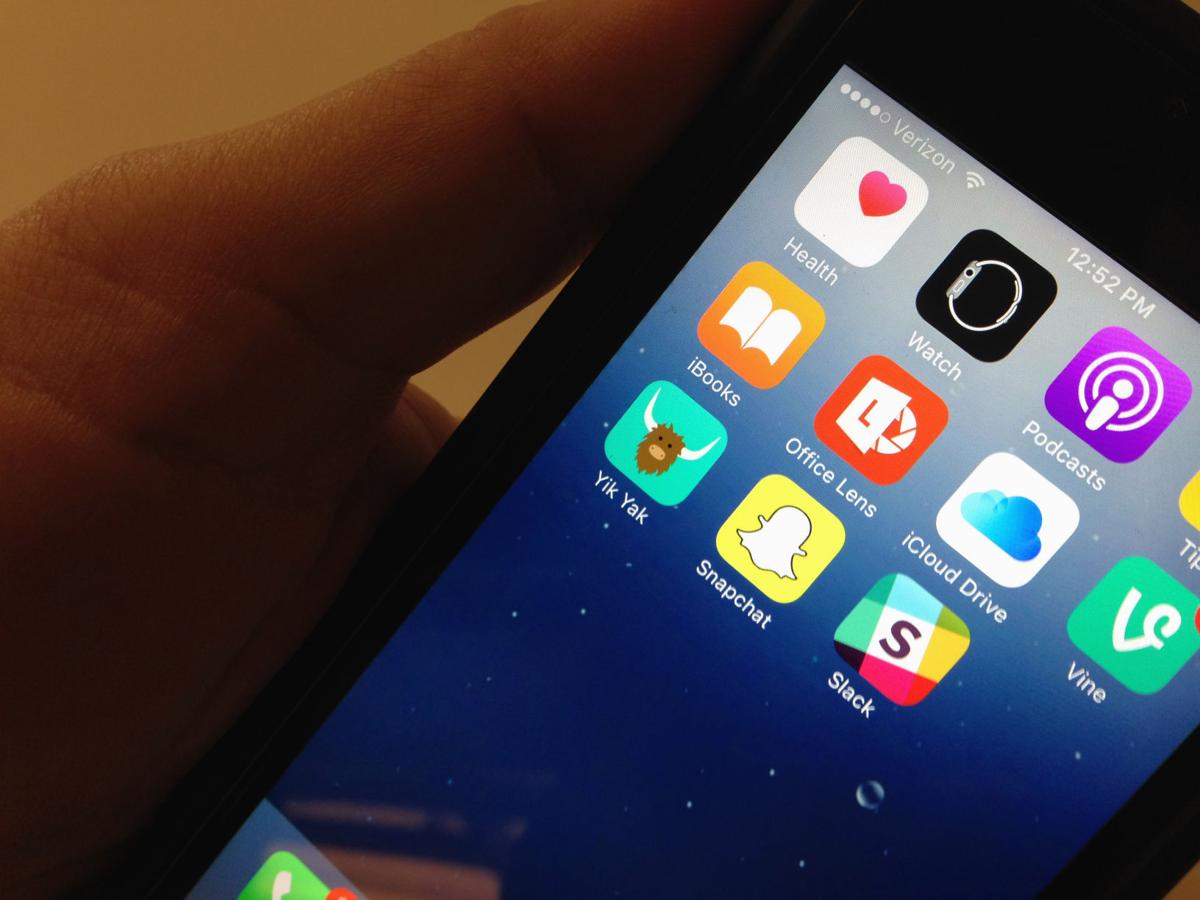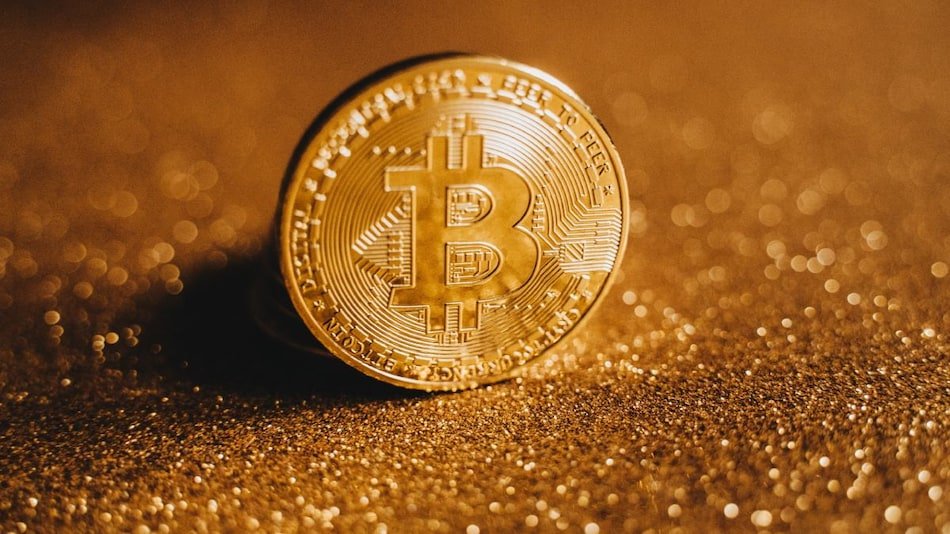

The Yik Yak app, lower, left, is seen on an iPhone. (AP Photo/Ronald Lizik)
An independent school’s plans to discipline a group of students who exchanged racial and sexual slurs in leaked private Snapchat messages have raised issues of digital privacy and questions about how much schools can regulate student social media use.
But private schools have ample right to discipline students in such cases when student actions violate the school’s mission statement or code of conduct, said Claudia Daggett, president of the Independent Schools Association of the Central States. It was on those grounds that leaders at Mary Institute and St. Louis Country Day School acted this week.
“The students in an independent school are electing to be there, so by electing to be there, they are agreeing to abide by the school’s rules,” Daggett said.
MICDS, a prestigious pre-K-12 private school in the affluent suburb of Ladue, has said it plans to discipline students who used racial and sexual slurs in a leaked series of private Snapchat messages.
The slurs included the N-word. In one message thread, one of the students who used offensive language claimed that “we were all joking.” All the students who sent the offensive Snapchats were freshmen girls.
Another student who did not receive the messages posted leaked screenshots of the Snapchats on Twitter on Sunday, leading to widespread condemnation of the messages.
“There’s no situation in my mind where referring to somebody as a (N-word) is a joke,” said Tabari Coleman, education director for the Anti-Defamation League in St. Louis, who is African-American. “In 2017, there shouldn’t be a need to tell anybody that using (the N-word) is not funny or not a joke.”
Lisa Lyle, MICDS’ head of school, said the Snapchats violated rules in MICDS’ student handbook, which prohibits verbal conduct and social media use that includes “insulting, abusive, or degrading language based on an individual’s race or color … or other protected characteristic.”
She also said the messages violated the school’s mission statement, which declares that the country “needs responsible men and women who … embrace all its people with compassion,” and that the next generation needs people who “stand for what is good and right.”
“These inflammatory postings are clearly inconsistent with the MICDS mission and our community’s values,” Lyle wrote in a letter Monday to school families.
In an interview, Lyle went so far as to say that the Snapchats compromised the school’s learning environment, even though the messages weren’t necessarily exchanged in a school setting. The influence of social media is far-reaching and pervasive, Lyle said, and can easily invade and disrupt a school environment.
“When the decisions are so egregious that they jeopardize the social, emotional health of the community or the physical health of the community, that’s a different thing, and we take that very seriously,” Lyle said. “Students must be mindful that their social media activity is public and permanent and impacts how their peers experience them.”
The issue of how students’ social media activity affects a school’s learning environment is key. And it has particular bearing in public schools, where educators are more limited in how they can crack down on objectionable social media activity.
Kelli Hopkins, associate executive director of the Missouri School Boards Association, said in most cases the law does not allow administrators to punish students for off-campus social media activity — like the postings in MICDS incident.
But it is clear that if students use racial slurs or engage in other forms of discrimination on campus or in a way that interferes with the school’s educational environment, public schools can punish them, Hopkins said. That kind of protection is mandated by federal law.
“You don’t get to engage in racial discrimination,” Hopkins said. “Even if it’s not a protected class, like race or religion, we’re still not going to tolerate the mistreatment of anyone based on anything.”
But if public school students use racial slurs off campus or on their own personal time, their school won’t be able to discipline them if there isn’t a clear “nexus” to the school, she said. One way for that to occur, she said, is if a social media post poses a clear threat to school safety.
Two incidents of objectionable social media activity surfaced at Clayton High School, a public school, last school year. The school first disciplined a group of students who made anti-Semitic comments on an Instagram post. A few months later, a former student posted an anti-Semitic photo of a student on Snapchat.
The incidents prompted the school board to begin studying possible changes to the district’s bullying and discipline policies.
Experts say the key to addressing such situations has as much to do with education as with policies.
The Anti-Defamation League, for example, has provided anti-bias training and education to students and school staff in St. Louis since 1987, Coleman said. The national organization provides free lesson plans on a number of topics that include slurs and offensive jokes.
Researchers at Harvard University are among those who say it’s becoming increasingly important for schools to teach digital ethics and safe and responsible social media use.
“Young people may only rarely consider the learning opportunities, risks, and the related question of what it means to be an ethical, socially responsible ‘citizen’ on the Internet,” the researchers wrote.
While there are ways to use social media with some degree of privacy, some say the idea of social media being private has become a misnomer. The ease with which even private social media posts or messages can migrate to a wider public audience creates risks for both teens and adults.
“Social media is by nature public,” Daggett said.








